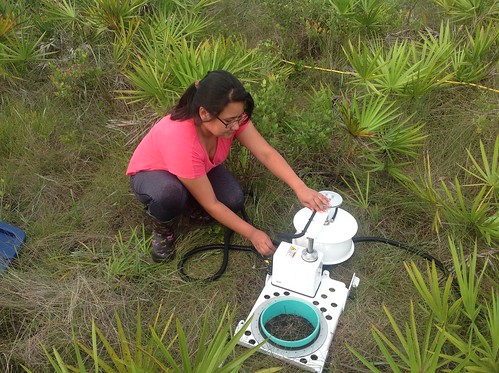
“Soil is the great connector of lives … without proper care for it we can have no community, because without proper care for it we can have no life.”
-Wendell Berry
The Unsettling of America: Culture and Agriculture
According to the Food and Agriculture Organization of the United Nations (FAO), one-third of the planet’s soils are degraded. This condition is caused by a number of natural factors, including wind and water erosion and nutrient imbalances, but people also leave an indelible impact on the earth. About 38 percent of the worlds’ surface is dedicated to agriculture to feed a population of 7.2 billion. That population is projected to increase to over 9 billion by 2050.
Increasing food production while maintaining a balance of sustainability presents a great challenge and the growing population will have significant impact on our ecosystems, including soil cultivation.
The United Nations’ Food and Agriculture Organization declared Dec. 5 as World Soil Day as a way to bring together the soil management and sustainability efforts of land users, policy makers, and other key stakeholders.
USDA’s National Institute of Food and Agriculture (NIFA) has provided funding support to 1,183 soil sustainment projects over the past 10 years, including projects that study soil erosion, nitrogen management, and microbial activity in soils.
NIFA funded the University of Tennessee partnership with Agren, Inc. and USDA’s Agricultural Research Service to develop two modeling tools that monitor rainfall and soil erosion patterns. This information helps farmers implement the appropriate conservation practices in field areas that are prone to soil loss.
Another NIFA investment produced a web-based tool called Adapt-N for nitrogen management in corn production developed by The Soil and Crop Sciences team at Cornell University. The tool provides fertilizer recommendations to enhance farm productivity and reduce soil degradation. Field results show profit increases up to $28.68 per acre while minimizing gaseous loss by 41 percent and leaching by 36 percent.
The University of Florida is currently using a NIFA grant to research microbial activity effects on soil health and associated greenhouse gas fluxes across different grazing land ecosystems. These results help land managers reduce greenhouse gas emissions and provide recommendations such as how many animals should graze in a given area, how much fertilizer to apply, and which plants to grow.
These are just a few examples of how NIFA funding makes an impact on soil health. Visit the agency website to learn more about NIFA’s soil programs, or visit FAO for more information on World Soil Day.
NIFA invests in and advances agricultural research, education, and extension and seeks to make transformative discoveries that solve societal challenges.
